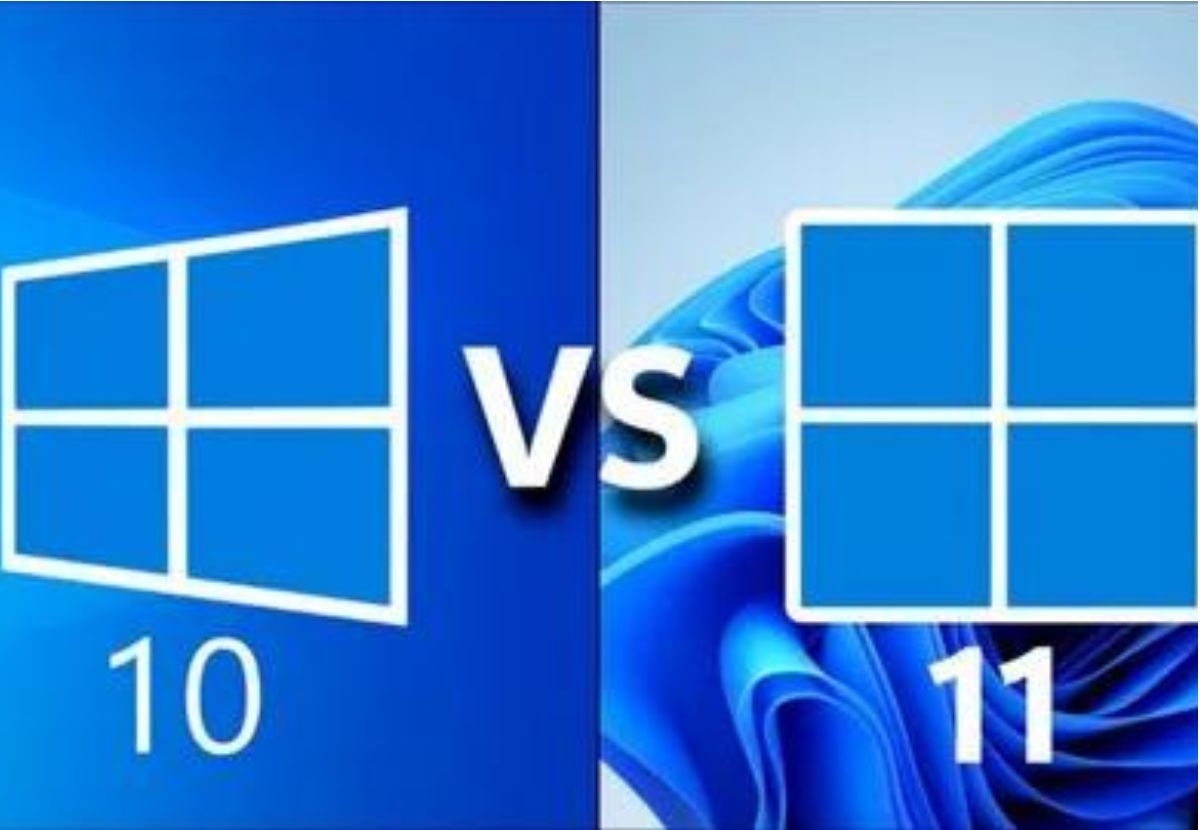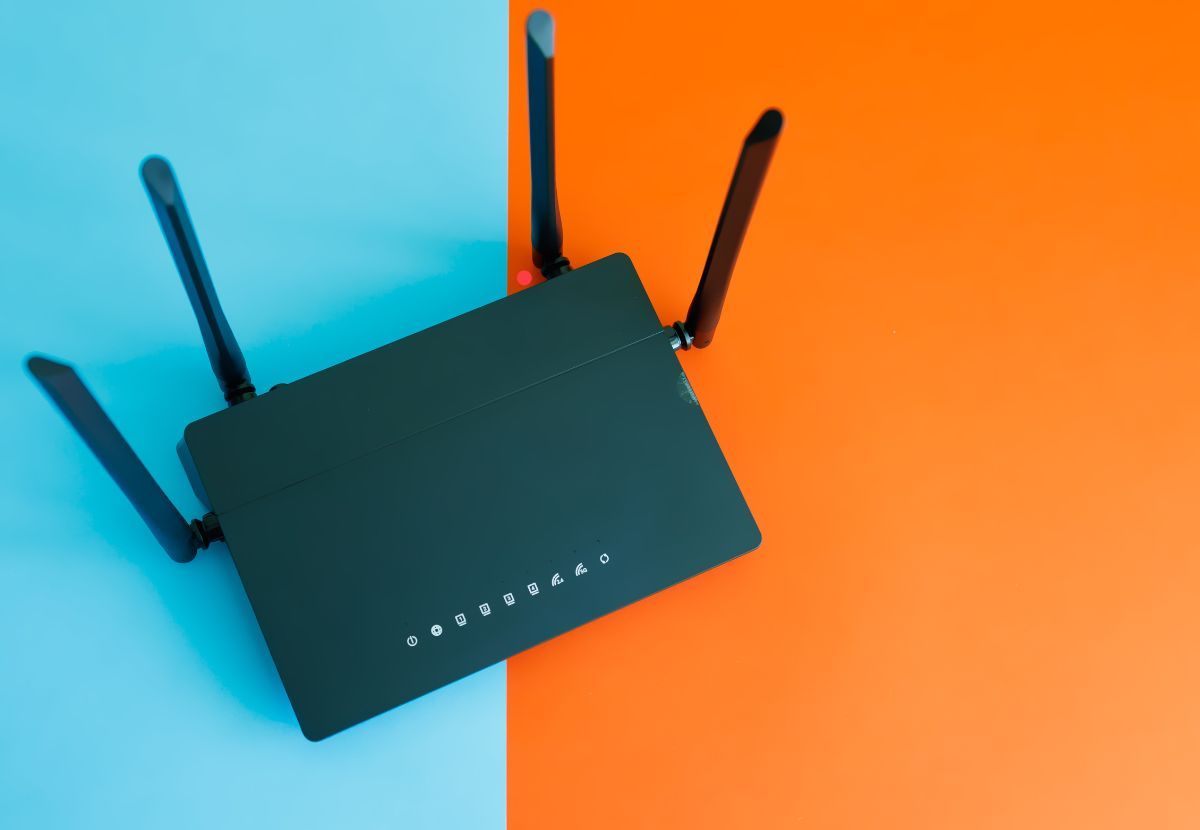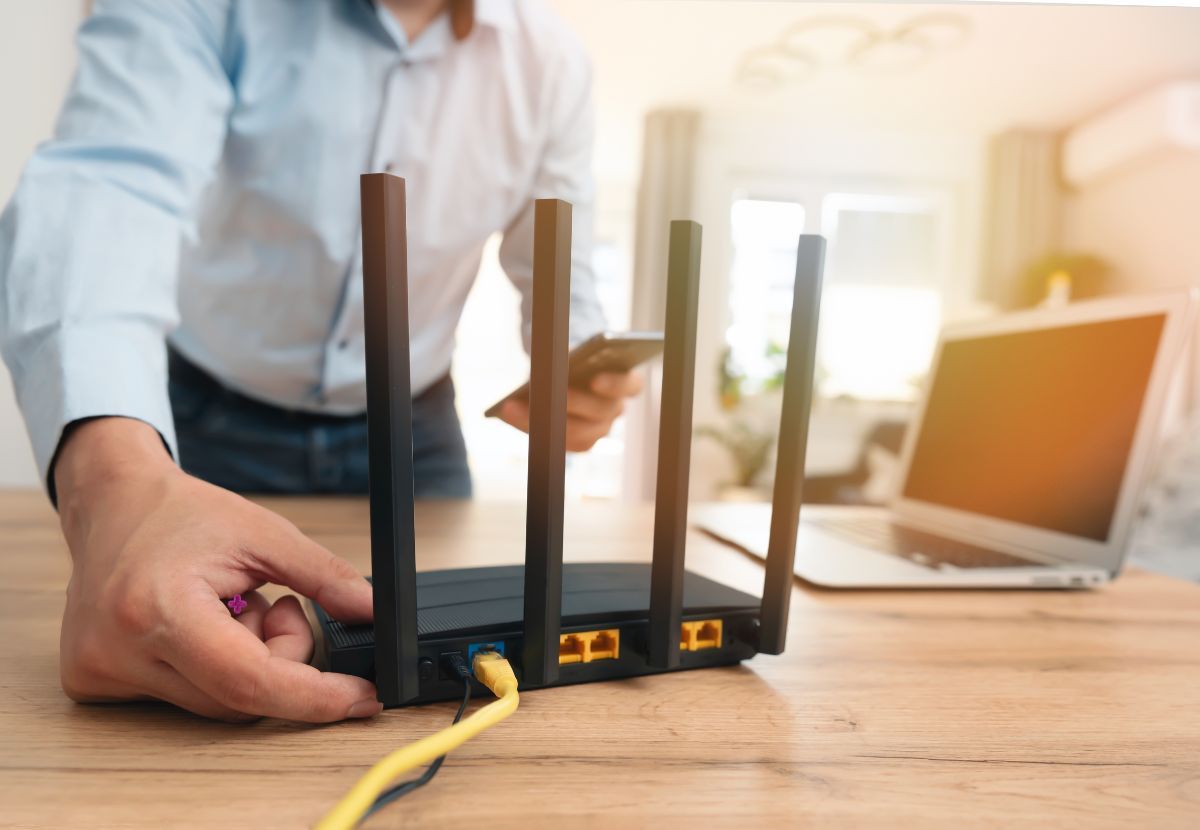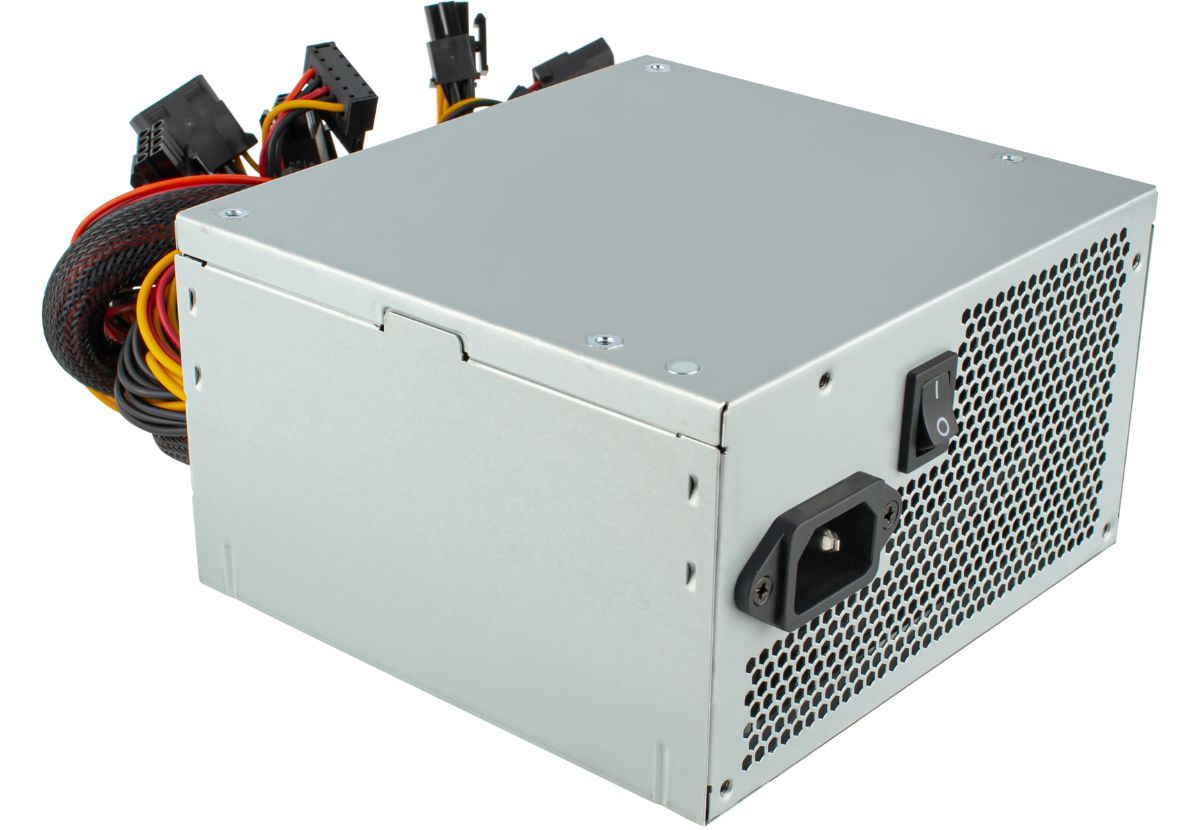
In gaming, every decision you make for your PC setup can be likened to a strategic move in a complex game. Each choice is pivotal, from the deep selection of the processor to the crispest monitor on the market. Yet, amidst the glamour of cutting-edge graphics cards and the lure of immersive audio setups, one unsung hero there demands attention—your Best Power Supply for Gaming unit (PSU).
Often seen as the backbone of any gaming rig, the PSU plays a more critical role than its humble facade suggests. It provides the lifeblood to your system and can also influence stability, longevity, and the overall experience of your gaming sessions. This comprehensive guide is designed to elucidate the arcane world of PSUs and help you find the one best suited for your gaming endeavors.
Unplugging the Mysteries of PSU Selection
Before we tap into the actual products, it's crucial to understand the nuanced jargon that surrounds power supplies.
Understanding Wattage: Does Size Always Matter?
One of the earliest decisions in PSU selection is understanding how much wattage your system requires.
With modern power-hungry components, especially high-end graphics, an inadequately powered PSU can lead to system crashes, instability, or even component damage. While some may argue "more is better," the key is closely matching your system's demands without overspending on exorbitant wattage you won't use.
Decoding Efficiency Ratings: 80 Plus and Beyond
Efficiency ratings, commonly denoted by the 80 Plus certification, are crucial. These ratings indicate how effectively a PSU converts your wall power into usable electricity for your components, translating into cost savings over time and less heat dissipation within your rig.
Higher efficiency ratings also signify more robust internal components and a generally longer lifespan for the unit.
The Shape of Power: Form Factors You Need to Know
PSUs come in various shapes—literally—and their form factors must match your case. The ATX form factor is most common, but smaller cases may require SFX or TFX models, while some server boards demand EPS PSUs.
Ensuring compatibility avoids a literal "square peg, round hole" scenario and guarantees a snug fit for optimal airflow.
The Best Power Supplies for Gaming Arsenal
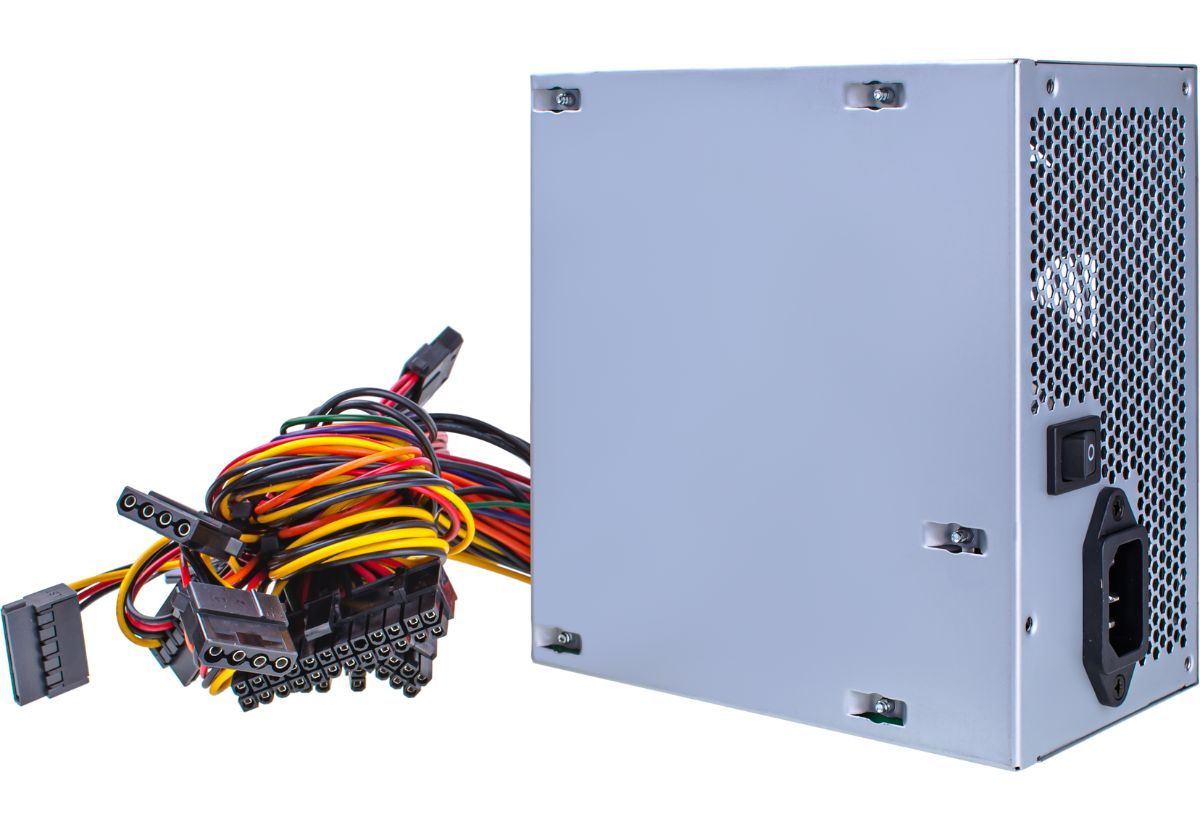
To cater to the diverse power requirements of gaming PCs, we've categorized the top power supplies into high-end, mid-range, and budget options.
High-End Haven: Corsair RM1000x – When Overkill Isn't Optional
For the enthusiasts pushing their systems to the limits, the Corsair RM1000x stands tall. Its 1000-watt output, 80 Plus Gold efficiency, fully modular cables, and robust 10-year warranty make it a staple for elite gaming rigs.
The RM series prides itself on silent operation, courtesy of its Zero RPM fan mode at lower loads. Despite the high price tag, its reliability and performance make it a long-term investment for power users.
Mid-Range Mastery: EVGA SuperNOVA 750 G5 - Balancing Act
Navigating the mid-range territory requires finesse, and the EVGA SuperNOVA 750 G5 does just that. Offering 80 Plus Gold efficiency, a semi-modular setup, and a 10-year warranty at an attractive price point, the G5 is a workhorse.
Users and reviewers vouch for its stable power delivery, a crucial factor when jig-sawing high-end components. This unit adequately bridges the gap between cost and performance, ensuring your gaming rig runs smoothly without breaking the bank.
Budget-Friendly Brilliance: Seasonic S12III – The Thrifty Power Companion
Budget-conscious gamers need to maintain quality with the Seasonic S12III. This 80 Plus Bronze-rated PSU might not come with modular cables, but it delivers reliable power and efficiency at a competitive price.
Its 500-watt and 650-watt models cater to the modest power needs of entry-level and mid-tier builds, proving that a powerful gaming experience can be achieved without a hefty cost.
Real-World Performance and User Testimonials
While specifications are crucial, real-world performance tells a more accurate tale. For PSU reliability and customer service, few encompass quality as widely praised as the Corsair, as mentioned above, and EVGA units.
In the age of online shopping, user reviews are the lifeblood of decision-making. Gamers have reported remarkable uptime and stability, citing successful overclocking ventures and consistent performance under load.
Power for the Future: Longevity and Upgradability
Future-proofing your gaming rig is a tenant of wise investment. A power supply's longevity is inextricably linked to its ability to support future component upgrades.
The modularity of PSUs plays a critical role here. Practical cable management and adding only necessary cables optimize airflow, leaving the door open for easy adjustments.
Harnessing Efficiency for a Cleaner Game
The endeavor for an exquisite gaming experience can come without the cost of environmental or economic conscience.
Tips for operating your PSU optimally include:
- Use power strips with surge protectors to prevent drawing more power than necessary, especially when the system is off.
- Ensure proper cooling in your system prevents the PSU from overtaxing its components.
- Turning on the power supply last after all other components and turning it off during shutdown to prevent surges.
- Regularly cleaning the PSU and your PC to maintain airflow and prevent dust from insulating and overheating.
- Consider investing in a Smart (or Intelligent) Power Supply, which adjusts fan speeds and power delivery based on system requirements, further improving efficiency.
With these habits, you enhance your gaming experience and contribute to a sustainable setup that shaves a few dollars off your electricity bill, one game at a time.
Conclusion
At first glance, choosing a Best Power Supply for Gaming unit may seem minor amid the din of more glamorous gaming components. Yet, as the orchestrator of power distribution within your system, it wields considerable influence over the safety and performance of your beloved rig.
You can now decide on the best power supply for your gaming needs with the information provided here. Remember, it's not just about what energizes your system; it's about how efficiently, durably, and mindfully that power is delivered. Ensuring that your PSU aligns with the requirements of your system, supports potential upgrades, and operates sustainably is the trifecta to a truly powerful gaming experience—one that's ready for whatever the future of gaming may bring.
FAQs
How do I determine the right wattage for my gaming power supply?
To find the right wattage for your PSU, list your system's components and their respective power consumption, then add a margin to ensure headroom for peak usage or future upgrades. Online wattage calculators can help with this estimation process. An overloaded PSU can lead to system instability, so it's important to match your requirements closely.
What does an 80 Plus certification mean for power supplies?
An 80 Plus certification assures that the power supply is at least 80% efficient at restoring AC power from the wall into your PC's DC power, reducing heat and electricity consumption. There are different levels of certification, such as Bronze, Silver, Gold, Platinum, and Titanium, with increasing efficiency and reliability.
How important is PSU efficiency, and what rating should I look for?
PSU efficiency is very important. Higher efficiency means more smallish power is wasted as heat, resulting in lower electricity bills & less stress on internal components, potentially extending the lifespan of your PSU. A Gold rating or higher is recommended, but the choice should align with your budget and needs.
Why should I consider a modular power supply?
A modular power supply permits you to connect only the cables you need, decreasing clutter for better airflow and a cleaner look within your case. It also simplifies cable management and can make future upgrades easier.
Does the form factor of the power supply matter?
Yes, the PSU's form factor must match your computer case. The most common form factor is ATX, but check your case specifications before purchasing. Smaller form factors, like SFX, are designed for compact cases.
What is the difference between fully modular and semi-modular PSUs?
Fully modular PSUs allow every cable to be detached, including the power cable. Semi-modular PSUs have some cables that are permanently attached, typically essential ones like the motherboard power. Fully modular units offer the greatest flexibility for cable management and aesthetics.
How reputable are PSU brands like Corsair and EVGA?
Both Corsair and EVGA are highly respected brands in the PSU market. They are known for their reliable performance, customer service, and warranties. Reading through user testimonials and reviews can provide additional confidence in these products.
Can I get a good gaming PSU on a budget?
Budget-friendly options like the Seasonic S12III offer efficiency and performance without a price tag. While they may not have all the features of high-end models, they can still power a solid gaming setup.
How does my power supply impact the longevity of my gaming rig?
A quality PSU contributes to your gaming PC's overall stability and durability. It can support hardware longevity by ensuring a consistent & reliable power supply, preventing damage caused by power surges or irregular currents. Also, opting for a PSU with headroom for upgrades can future-proof your system.
Are user reviews important when selecting a PSU?
User reviews provide real-world insights into a PSU's performance and reliability. They can highlight pros and cons that may need to be apparent from specifications alone. They can also inform you about the product's practical experience, including customer support and warranty claims.







